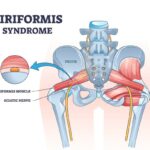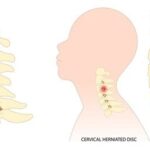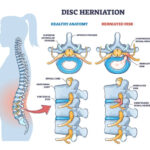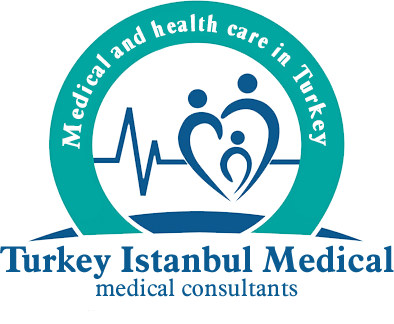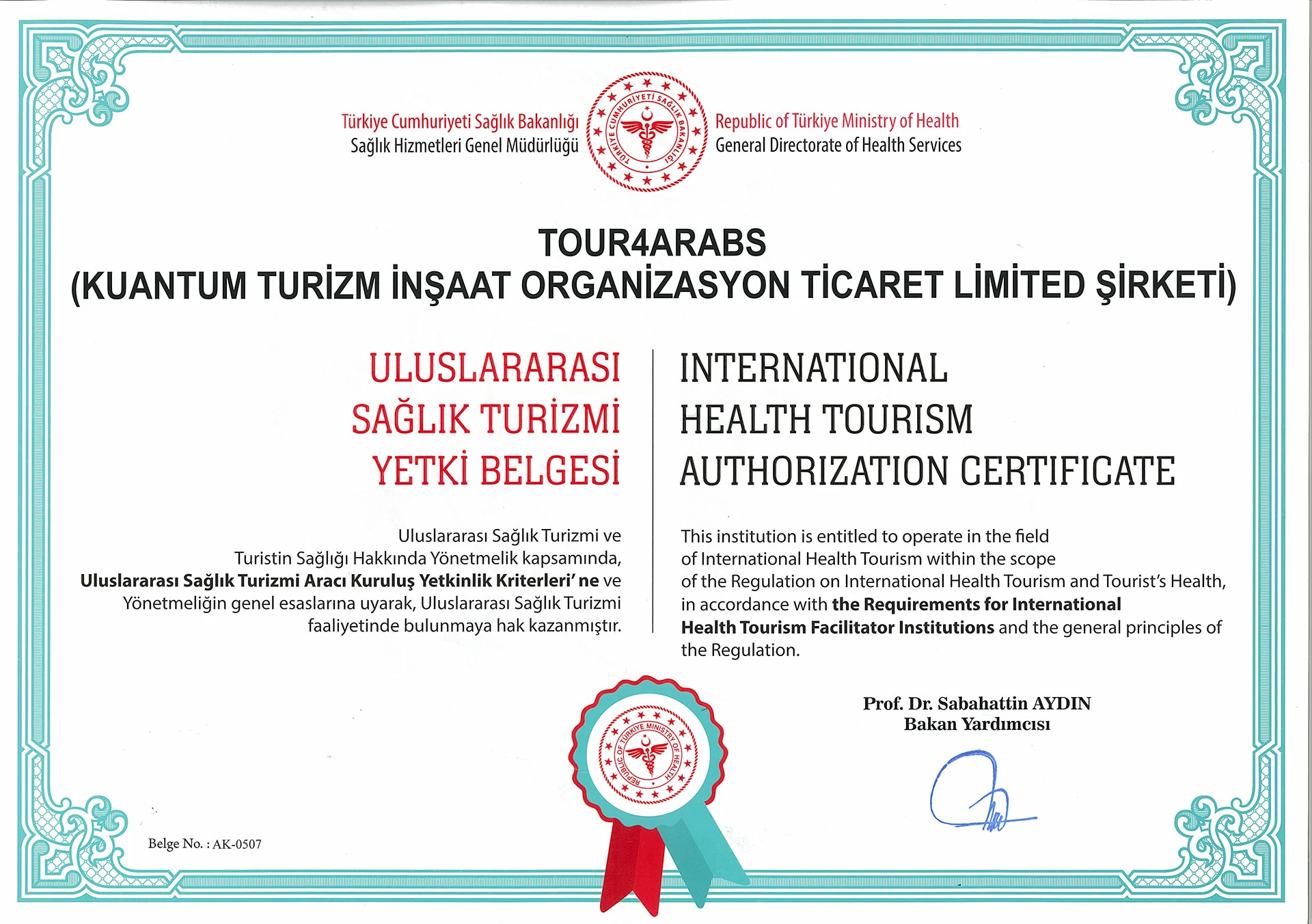What is Chemotherapy?
Chemotherapy is a cancer treatment method used in modern medicine in which various drugs are given to the patient to kill cancer cells.
Unlike radiotherapy or surgery that target specific areas, chemotherapy is a systemic treatment method that works on the entire body. The drugs used in chemotherapy treatment are especially effective on rapidly dividing and proliferating cells, such as cancer cells.
However, while it destroys cancer cells, it also damages some healthy body cells that multiply rapidly, such as skin, hair, intestine and bone marrow cells. Various side effects such as hair loss, nausea and vomiting seen in the treatment are caused by damage to healthy body cells.
What is The Purpose of Chemotherapy?
- Treating cancer disease,
- To prevent it from being carried to other organs and spreading,
- To slow down the growth of the tumor,
- Destroying these cells if they have spread to other places,
- To reduce or eliminate the discomfort and complaints caused by cancer disease.
What are The Types of Chemotherapy?
Cancer patients regularly attend medicated cancer treatment sessions supervised by doctors in the medical oncology department. The medical oncologist decides on drug cancer treatment drugs and drug combinations for each patient, taking into account the patient’s unique conditions.
In other words, the choice of medication is made taking into account the patient’s age, general health, tumor size, type and location. Medical oncologists take all of these issues into consideration when determining how often to give drug cancer treatment. There are many different types of drug cancer treatments, and each treats other conditions differently.
-
Neoadjuvant Chemotherapy:
The average tumor size is expected to decrease, making the patient surgically viable. It is possible to separate cancerous tissue from healthy tissue using neoadjuvant drug cancer therapy, sometimes called shrinkage cancer therapy.
Typically, such treatments are given as stage 1-4 courses for locally advanced malignancies such as breast, colon and rectal tumors.
-
Adjuvant Chemotherapy:
This drug cancer treatment is administered after a tumor has been surgically removed to eliminate any cancer cells that may have been left behind. Cancer treatment with adjuvant medication is often referred to as preventive treatment because of its purpose. This is because its primary purpose is to reduce the risk of cancer returning.
-
Palliative Chemotherapy:
Palliative chemotherapy is another name for drug cancer treatment administered to cancer patients to reduce their symptoms and improve their quality of life. It treats physical and emotional symptoms associated with advanced cancer, such as pain, nausea, vomiting, diarrhea, and edema.
Other symptoms it may help with include edema. In other words, palliative drug cancer treatment is a treatment that attempts to reduce symptoms and allow the patient to continue their daily activities.
How is Chemotherapy Done? How to Apply?
Preparing the Patient for Chemotherapy:
- The majority of chemotherapy drugs are given intravenously. If it would be a problem to open a vascular access for the patient every time, a catheter can be inserted into the patient or a port can be placed in one of the neck veins.
- Before chemotherapy, the patient’s liver function tests, kidney function tests and complete blood count are performed. Tests are also performed to evaluate the patient’s heart functions.
- Before starting chemotherapy, it would be appropriate to see a dentist and treat any dental infection. Because chemotherapy drugs can weaken the body’s fight against infections.
- Possible side effects of chemotherapy are explained to the patient. Those who want to have children in the future can freeze their eggs or sperm. They can prepare against hair loss.
- After receiving chemotherapy, it is discussed in advance whether the patient will continue to work and whether he will need help at home.
How is Chemotherapy Applied?
Chemotherapy is a treatment method that includes drugs used in the treatment of cancer. Chemotherapy drugs can be given to the patient in several different ways. Which method is preferred is determined depending on the type and stage of the cancer, the patient’s general health condition and other factors.
Here are common ways how chemotherapy is given:
-
Pharmaceutical Injections:
Chemotherapy drugs are often injected directly into the patient’s vein. These intravenous injections are known as intravenous (IV). Medicines are usually given through an IV or IV. This method allows drugs to enter the circulation quickly.
-
Oral Medications:
Some chemotherapy drugs are available in pill or capsule form and the patient takes the medication by mouth. Such medications can be prescribed for patients to use at home. However, it is important to make sure medications are taken properly.
-
Drug Injections (Intramuscular or Subcutaneous):
Some chemotherapy drugs are injected into the muscle (intramuscular) or under the skin (subcutaneous). These methods may be preferred in the application of some special drugs.
-
Intraperitoneal and Intrathecal Applications:
In some cases, chemotherapy drugs may be administered directly into the abdominal cavity (intraperitoneal) or spinal fluid (intrathecal). These methods may be used for certain types of cancer or conditions.
-
Topical Chemotherapy:
Chemotherapy drugs can sometimes be applied directly to the skin. This can be used for skin cancer or some other skin problems.
What are The Side Effects of Chemotherapy?
Cancer cells tend to grow and multiply quickly, and chemotherapy drugs kill fast-growing cells.
However, since these drugs act systemically, they also damage normal, healthy body cells that grow rapidly. Damage to healthy cells causes some side effects.
Many people are seriously concerned about the side effects of cancer treatment with chemotherapy, although side effects may not always be as bad as expected.
Normal cells that are likely to be damaged by chemotherapy include:
- Blood-forming stem cells in the bone marrow
- Cells in hair follicles
- Cells in the mouth
- Digestive system cells
- Cells of the reproductive system
Some of the most common side effects caused by chemotherapy include:
-
Nausea and Vomiting:
Nausea and vomiting may occur due to chemotherapy. This is due to the fact that some drugs affect the vomiting center in the brain and stomach movements, causing nausea and vomiting.
This problem, which can usually be controlled, may require the use of certain medications to prevent or reduce side effects before chemotherapy.
Since the effects of medications may vary from person to person, it may be necessary to use more than one medication to relieve side effects. In order for the patient to go through the treatment process in the most comfortable way and to tolerate the side effects, the most appropriate method should be chosen together with the doctor and nurse.
-
Hair Loss:
Chemotherapy can also affect hair follicles because it targets rapidly dividing cells in the body. Therefore, hair loss (alopecia) can be a common side effect.
-
Fatigue:
Chemotherapy patients may often feel tired. This fatigue may be associated with chemotherapy drugs reducing energy levels.
-
Immune System Weakening:
Chemotherapy can target the body’s immune system cells, weakening the immune system. This may increase the risk of infection. Special precautions can be taken for patients to protect them from infections.
-
Drop in Blood Counts:
Chemotherapy drugs can damage bone marrow cells that produce blood cells. Therefore, blood counts may drop, which can lead to problems such as anemia (anemia), thrombocytopenia (low blood clotting cells), and leukopenia (low white blood cell count).
-
Diarrhea or Constipation:
Intestinal problems such as diarrhea or constipation may occur due to the effects on the digestive system.
-
Mucosal Inflammation:
Chemotherapy can affect the mucosa of the mouth, throat, esophagus, and intestines, causing mouth sores, dry mouth, and diarrhea.
-
Skin Problems:
Chemotherapy can cause skin dryness, sensitivity, rashes, and discoloration.
-
Nervous System Problems:
Some chemotherapy drugs can cause nervous system problems called neuropathy. This may manifest as numbness, tingling, or pain.
What are The Things to Consider After Chemotherapy?
Chemotherapy is a treatment method that can cause side effects and tire the body. After receiving chemotherapy for cancer, patients may have a higher than normal risk of infection, bleeding, and skin problems.
Therefore, to stay healthy after chemotherapy, the patient must take good care of himself.
- The patient is expected to be able to eat and drink even if he has no appetite.
- Oral care is very important after chemotherapy. Wounds caused by chemotherapy carry the risk of infection. Therefore, brushing teeth, flossing and gargling are very important.
- Avoiding sugary foods and drinks may also be better for oral health.
- After chemotherapy, it is desirable for the patient to be infection-free for a year or more.
- It is important for patients to wash their hands frequently with soap and water to combat infection.
- Regular walking for patients after chemotherapy may contribute to their health.
- Not smoking is also one of the things that should be taken into consideration after chemotherapy.
How Should Patients Receiving Chemotherapy Be Fed?
The nutrition of patients undergoing chemotherapy treatment should also be in a certain order. It is necessary to pay attention to weight control, establish a good calorie balance and eat a diet rich in protein to prevent the destruction of body tissues.
Acquiring and maintaining healthy eating habits has a positive effect on the treatment process and also helps reduce the side effects of medications.
Healthy and good nutrition means implementing a balanced program that includes all nutritional elements.
It is especially necessary to avoid packaged ready-made or frozen foods, processed meat and meat products (such as salami, sausages), long-life milk (prepared with UHT technique) and ready-made fruit juices. Seasonal vegetables and fruits should be consumed.
If there is no digestion problem, you can consume 1 glass of milk a day and especially homemade yoghurt as desired. Extremely sweet and syrupy foods should be avoided. It is recommended to consume legumes such as chickpeas, lentils and bulgur at least 3 times a week.
Especially protein-rich foods should be preferred without frying or smoking. Fish is an important food item and can be eaten at least one or two days a week.
Daily nutrition should include foods from the following five main groups:
- Vegetables and fruits: Two servings each
- Meat, chicken, fish, eggs: Three servings
- Cereals: Four servings
- Milk and dairy products: Two servings
- Liquids (except tea and coffee): 8-12 glasses.
- Foods that are especially recommended not to be consumed are Grapefruit, Pomegranate and Nettle.
- Unnecessary nutritional products should not be used.
- There is no need to take too many vitamins when you have an adequate and balanced diet. Even some vitamins and antioxidant medications can be harmful while receiving chemotherapy.

